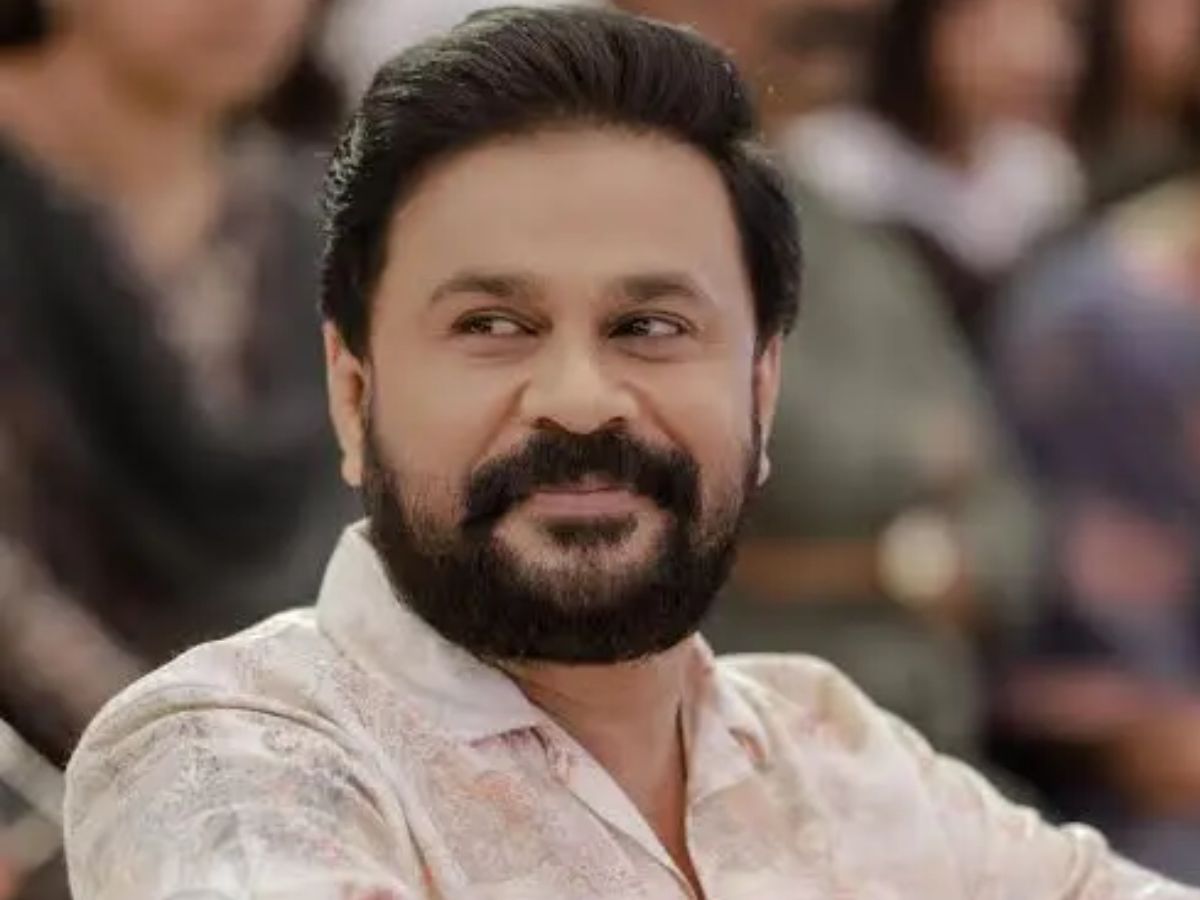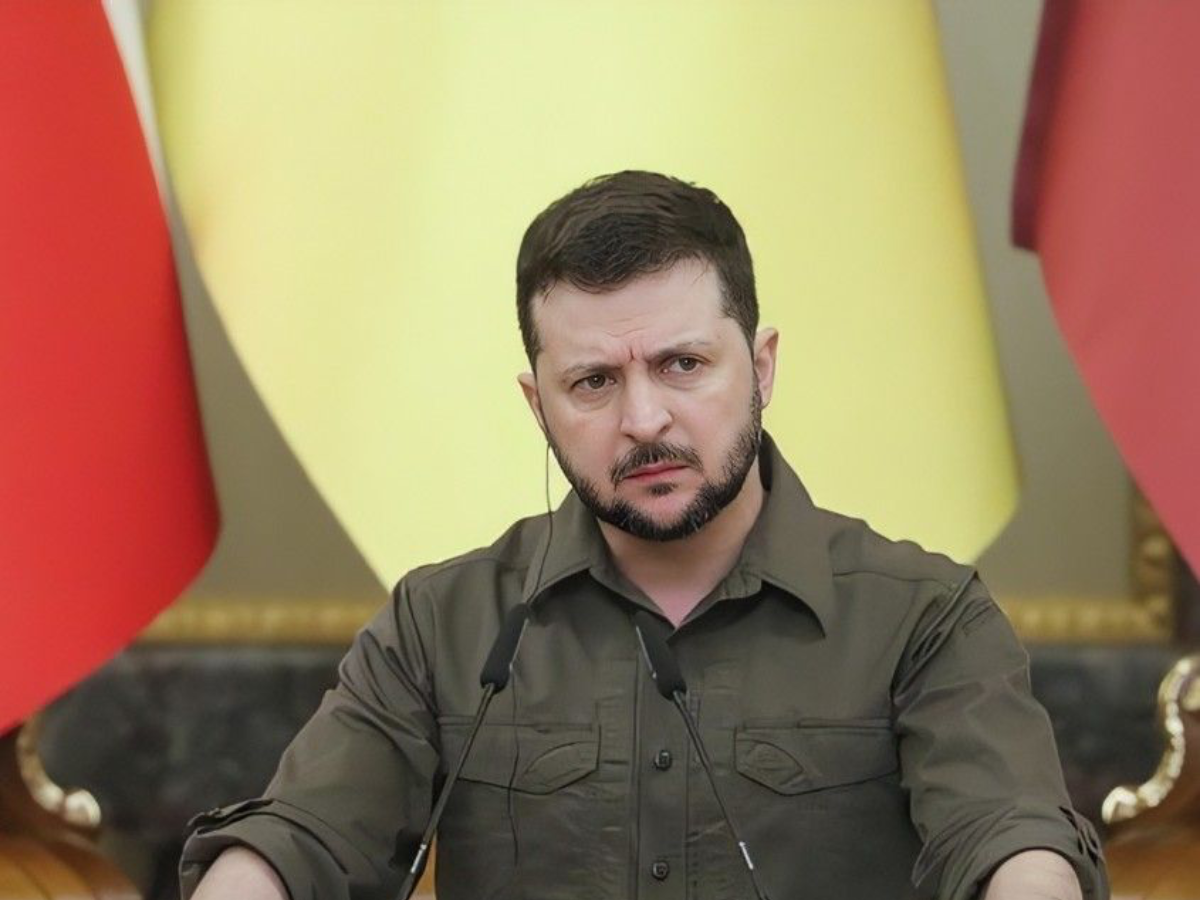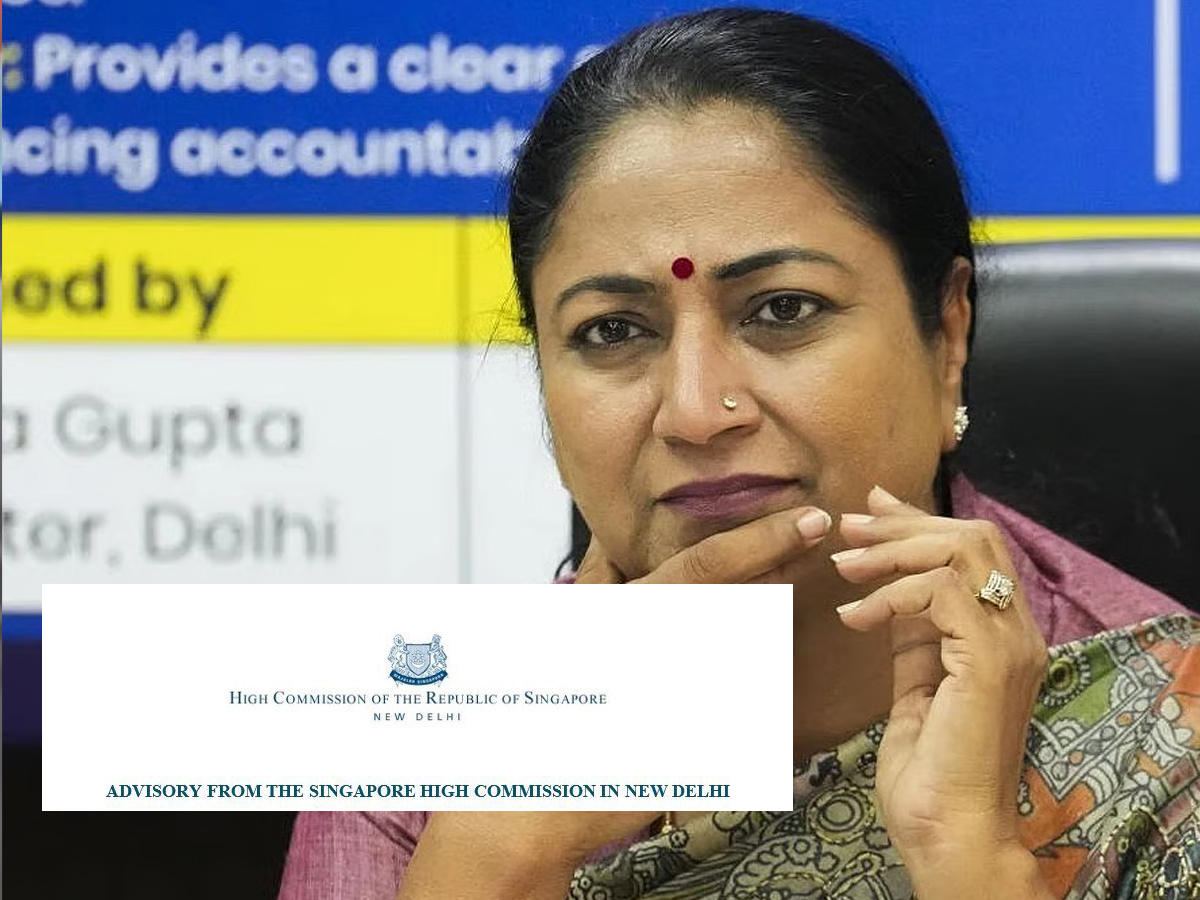Category:

The Daily Guardian is India’s fastest
growing News channel and enjoy highest
viewership and highest time spent amongst
educated urban Indians.
Quick Links
Follow Us
© Copyright ITV Network Ltd 2025. All right reserved.

















